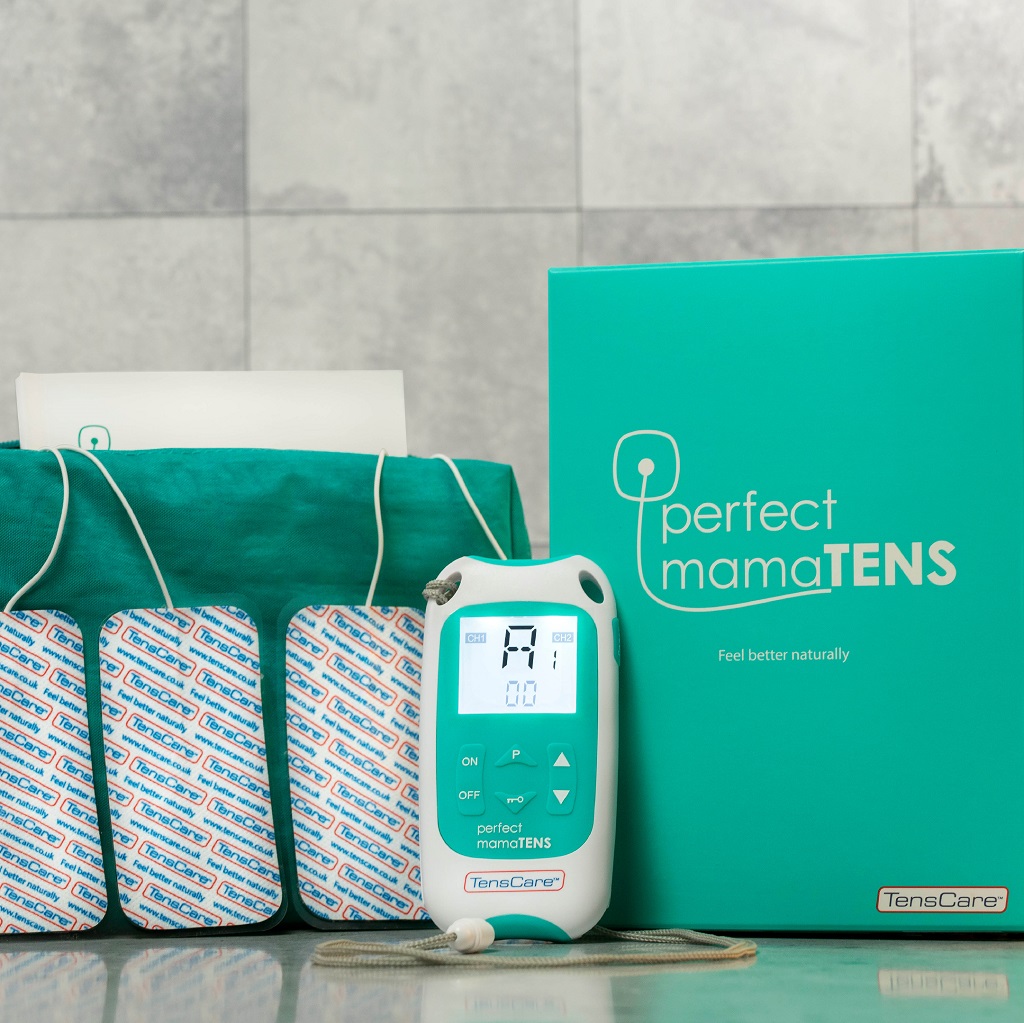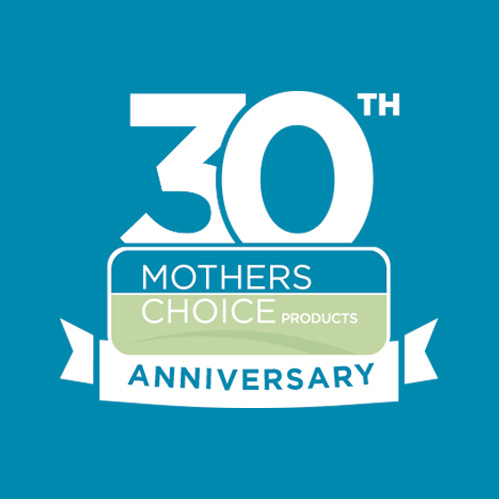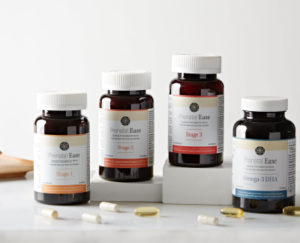YOUR CART
- No products in the cart.
Subtotal:
$0.00
BEST SELLING PRODUCTS


Mothers Choice Products Canada Marks 30 Years of Resilience and Success Amidst Unprecedented Challenges Mothers Choice Products Canada, a leading name in the realm of maternal and infant care, is […]

The Essential Nutrients for a Healthy Pregnancy Pregnancy is an exciting time, but it’s also a time when your body needs extra support to ensure that both you and your […]

Methylated Folate vs. Folic Acid: The Benefits of Prenatal Ease When it comes to taking care of your health and the health of your baby during pregnancy, prenatal vitamins are […]

Getting to Know the Sports TENS 2 for Muscle Toning & Recovery At Mothers Choice Products we love to talk about pregnancy, breastfeeding, and all things mom and baby. We […]

How to Use the MamaTENS for Natural Labour Pain Relief Now that you’re pregnant, you may be starting to think about labour. If you’re interested in options for natural, non-invasive, […]

Why are the first weeks of breastfeeding so intense? The first few weeks of breastfeeding can feel quite overwhelming. It’s a learning time for both you and your baby, each […]